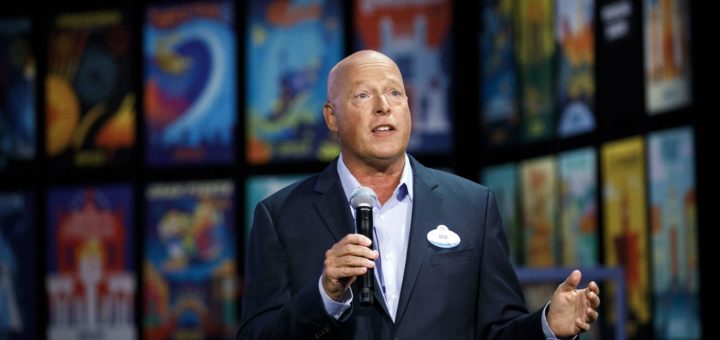Disney Sued Again Because of Chapek’s Business Decisions
The Walt Disney Company faces yet another lawsuit stemming from choices made under the leadership of former CEO Bob Chapek.
Here’s who is suing Disney and why.
Now Who’s Suing?
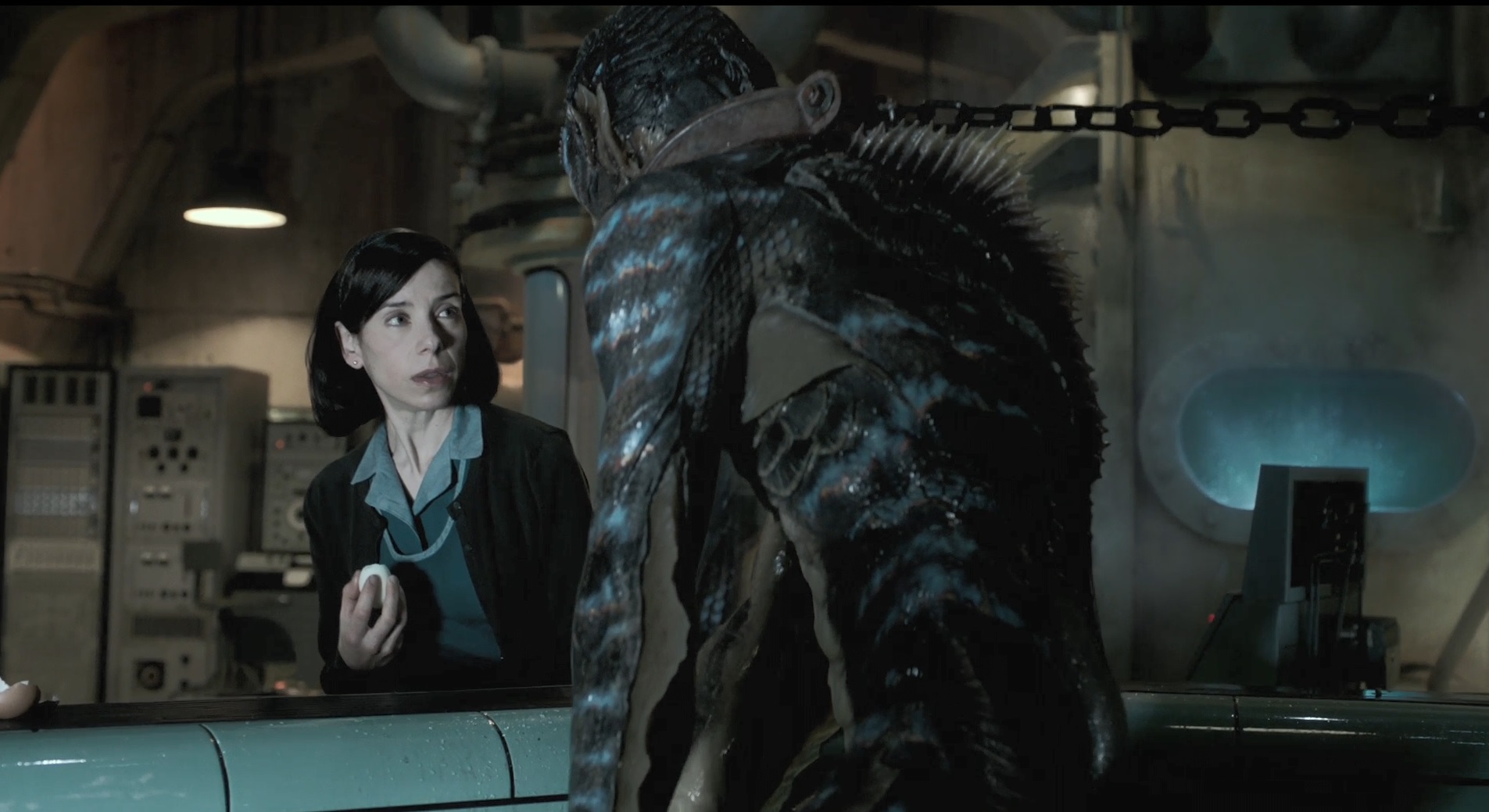

Image: Disney
TSG Entertainment Finance has sued Disney over financial losses involving several years of theatrical and non-theatrical releases, many of which pre-date Disney.
In fact, the lawsuit refers to “Fox” as the perpetrator in several instances, referencing the company’s former identity.
That’s an odd thing to do in a lawsuit against Disney, but it’ll make sense once you understand the argument.


Photo: Twentieth Century Fox
Before Disney purchased Fox’s assets, the film division operated under the name of 20th Century Fox.
After Disney purchased this studio in 2019, it updated the name to 20th Century Studios.


So, a substantial number of the charges represent Fox’s contracts rather than the ones that Disney signed.
Others involve Disney+ negotiations and, more specifically, the decision-making of Bob Chapek.
TSG has sued 20th Century Studios for breach of contract and Disney for causing this breach.


Image: Bird-Marella
Attorney John Berlinski, a noted foe of Fox and Disney alike, has filed the lawsuit on behalf of TSG.
Disney last interacted with Berlinski during the Scarlett Johansson kerfuffle, wherein the actress ultimately walked away with a reported $40 million settlement.
TSG perceives that total as the minimum it’s owed. When it does some legal math, that number soars above $100 million. Here’s why.
The Lawsuit Claims
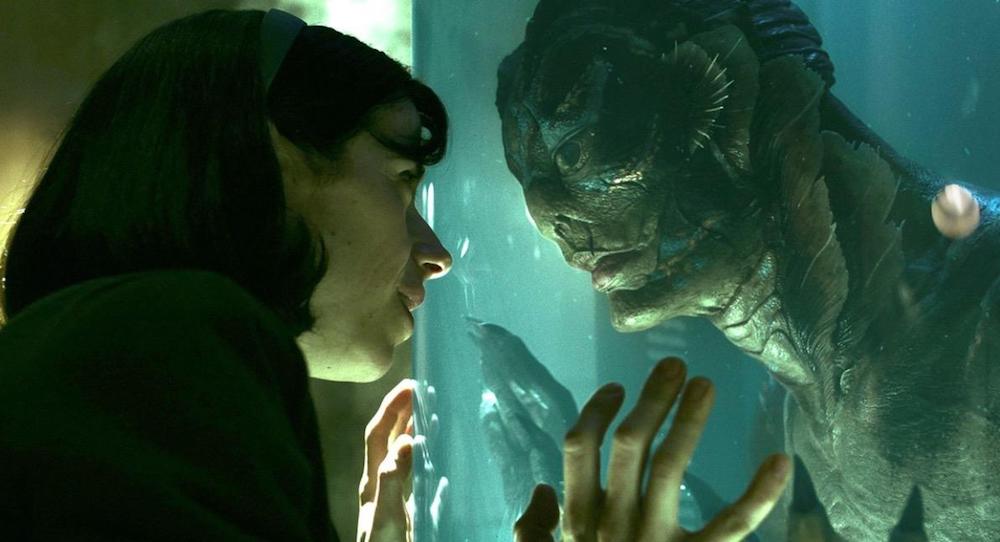

Image: Disney
TSG’s legal filing indicates that the company hired an independent auditor to research expected payments from three films.
One of them, The Shape of Water, earned an Academy Award for Best Picture. As you might imagine, there’s a lot of money in such prestige.
The auditor concluded that the former Fox contract should have earned TSG a sum of $40 million for those three films alone.
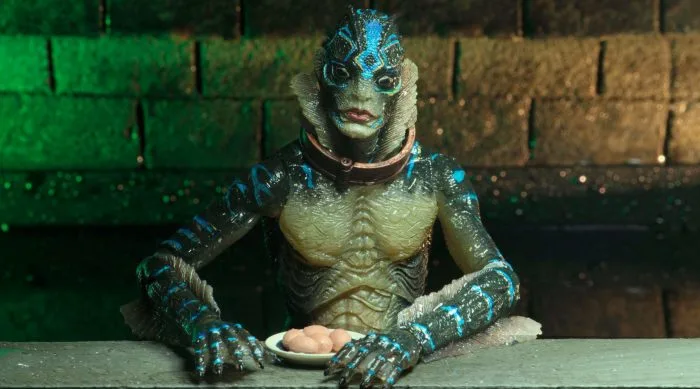

Image: Disney
Then, the lawsuit argues that an investigation until all other applicable titles should lead to an underpayment of “hundreds of millions of dollars.”
Obviously, in legal claims like this, the plaintiff makes hyperbolic claims as the start of a bargaining process with both the courts and the defendant.
What’s unique about this lawsuit is an inference that will prove difficult to prove legally.


Photo: Disney
TSG feels strongly that it would have earned substantial revenue from an investment in Avatar: The Way of Water, the third-biggest blockbuster ever.
However, the studio couldn’t invest in the Avatar sequel due to a financial shortfall that it argues Disney caused due to underpayment.
Source: 20th Century Studios
In simplest terms, imagine if you worked for Google, Google didn’t pay you the promised salary, and that prevented you from enacting a plan to buy Google stock before it soared in value.
You’d be furious, right? That’s the claim here, and it comes with some fascinating subplots.
Why Disney Did What It Did


The first is that Disney inherited Fox’s contracts in the acquisition. One of them provided HBO with an exclusive window to air content.
As an investor, TSG would have earned revenue from this so-called “Pay 1 Window.”
In this scenario, HBO is the customer who pays for that exclusive theatrical window.
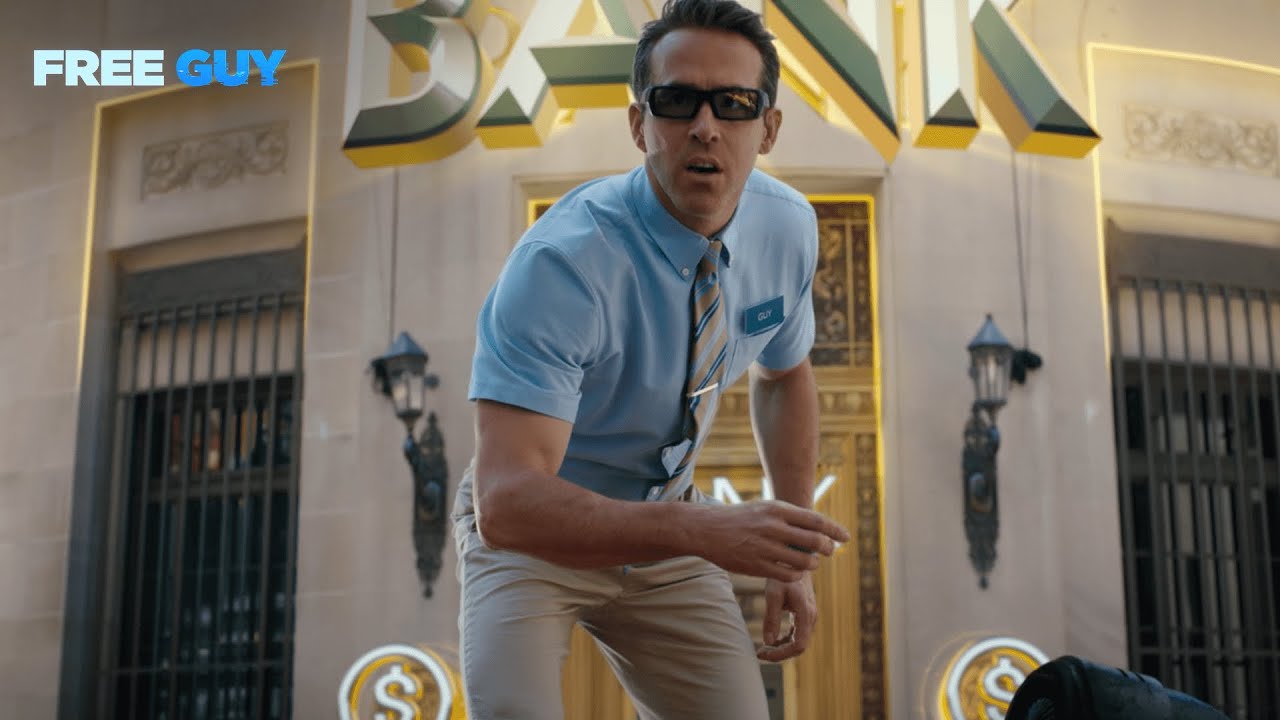

Photo: DIsney
During that time, a film like The Shape of Water couldn’t play on competing services.
This business model, theatrical windowing, has financed Hollywood’s revenue model for 40+ years.
Streaming has altered that pattern. Specifically, Disney doesn’t want a film it owns airing exclusively on HBO and its streaming service, Max.


Photo: Disney
TSG claims that Disney renegotiated the 20th Century Studios/Fox deal.
In the process, Disney would “give up a significant portion of its guaranteed HBO license fees.”
In exchange, Disney could air those titles like Free Guy on Hulu/Disney+, thereby improving those services.
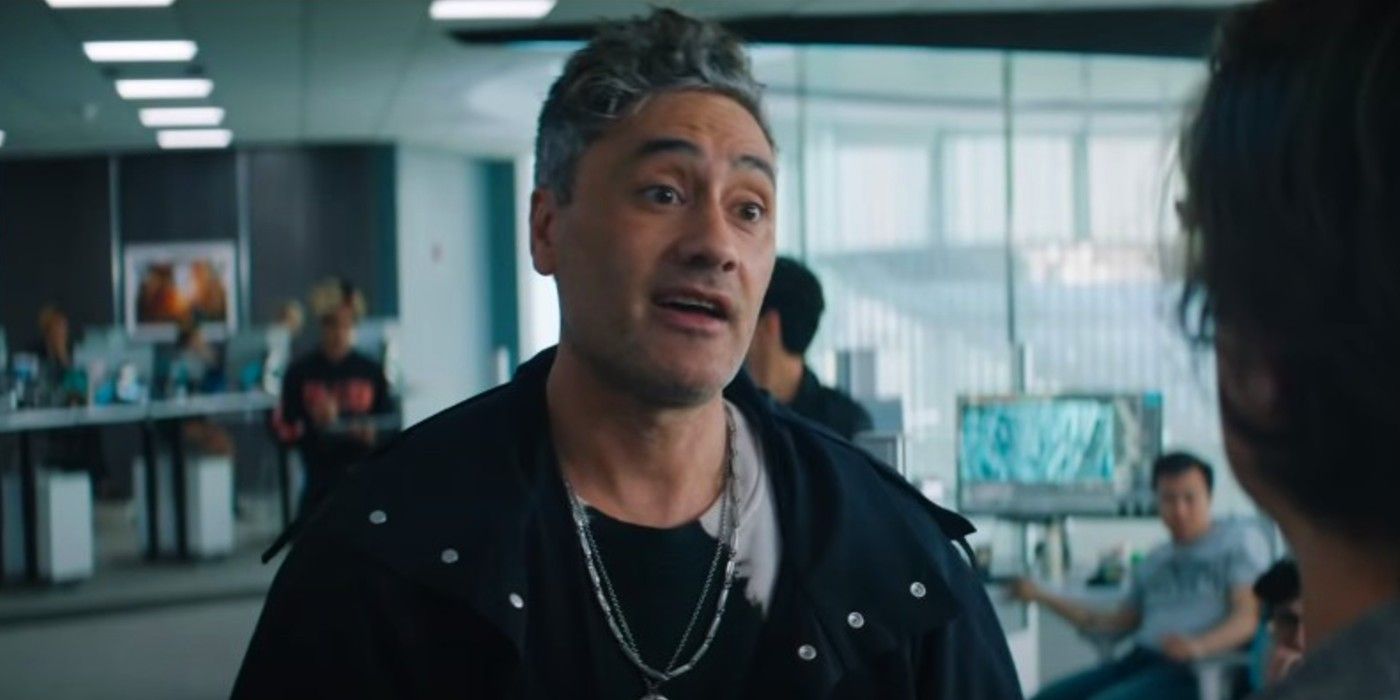

Source: screenrant.com
You can understand why Disney would make that deal, as it would enhance demand for their streaming products.
From TSG’s perspective, Disney accepted less money on productions and thereby cost TSG potential revenue.
That’s a Bob Chapek decision to grow subscription numbers at Disney+ and Hulu rather than prioritize profit.
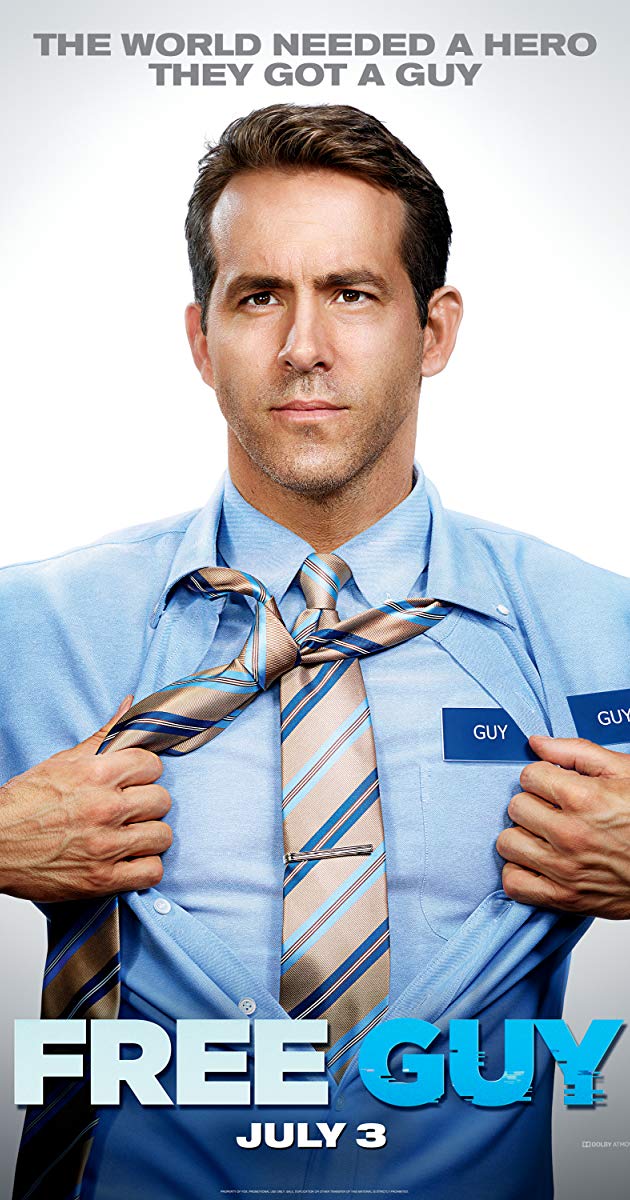

Amusingly, the lawsuit uses current CEO Bob Iger’s comments from last week’s earnings call to emphasize the point.
Iger bluntly stated, “We grew this business really fast, really before we even understood what our pricing strategy should be or could be.”
Here’s an instance where Iger’s personal dislike of Chapek hurts Disney. In court, that’s a challenging position to defend.
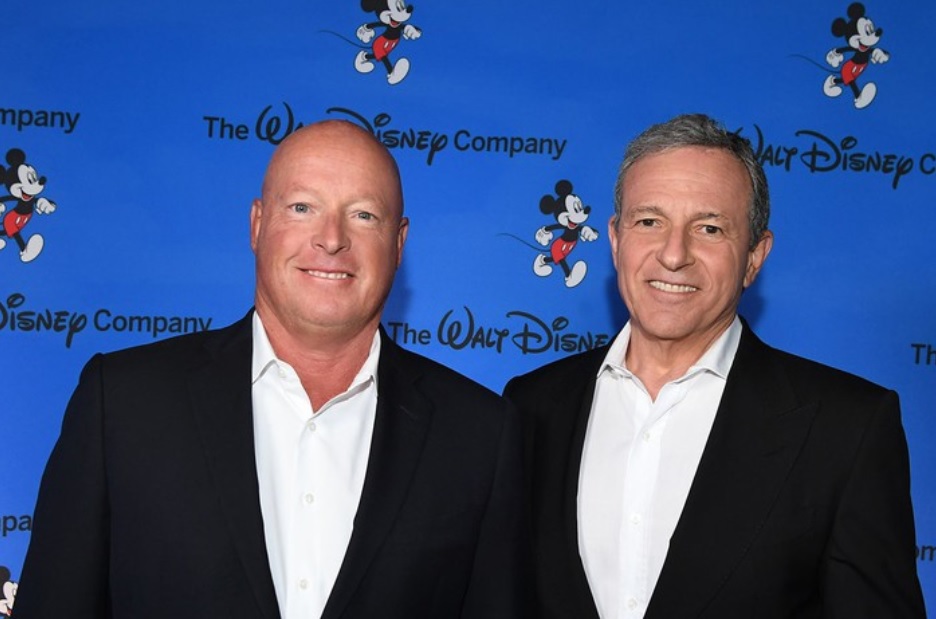

Photo: Disney
Based on what everyone can see, Disney did choose growth over profit, which is fine for them.
TSG is understandably upset that Chapek’s choices negatively impacted them as a business partner.
What Happens Next?
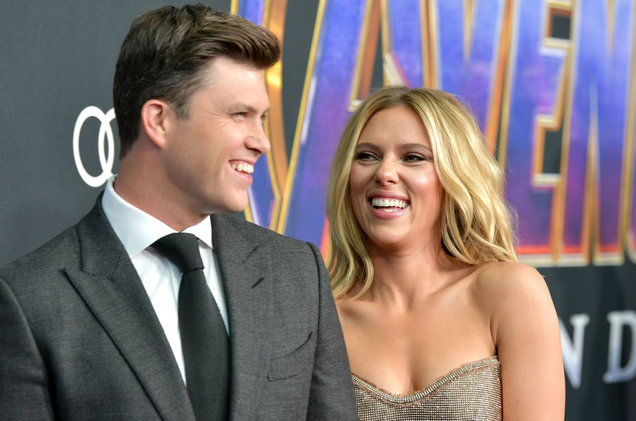

Photo Credit: Amy Sussman/Getty Images
As I’ve said many times, Disney gets sued pretty much daily. What you almost never hear is that Disney lost in court, at least not permanently.
Sure, the occasional setback occurs, but Disney keeps pressing until its lawyers earn the expected outcome.
Then, we have instances like Johansson’s lawsuit, wherein Disney ceded to internal pressure and cut a fair deal with a beloved talent.


Source: denofgeek.com
That deal may share the same attorney as this one, but it’s quite different.
In Hollywood, people and businesses frequently sue one another over unclaimed profits.
Perhaps the most notable example also involves Berlinski. He helped the talent behind Fox’s Bones win a $179 million ruling.


Image: Disney
Fox appealed, and the case was later settled behind the scenes, which is the most likely outcome here.
Chapek demonstrated transparency with his actions in expanding his streaming services.
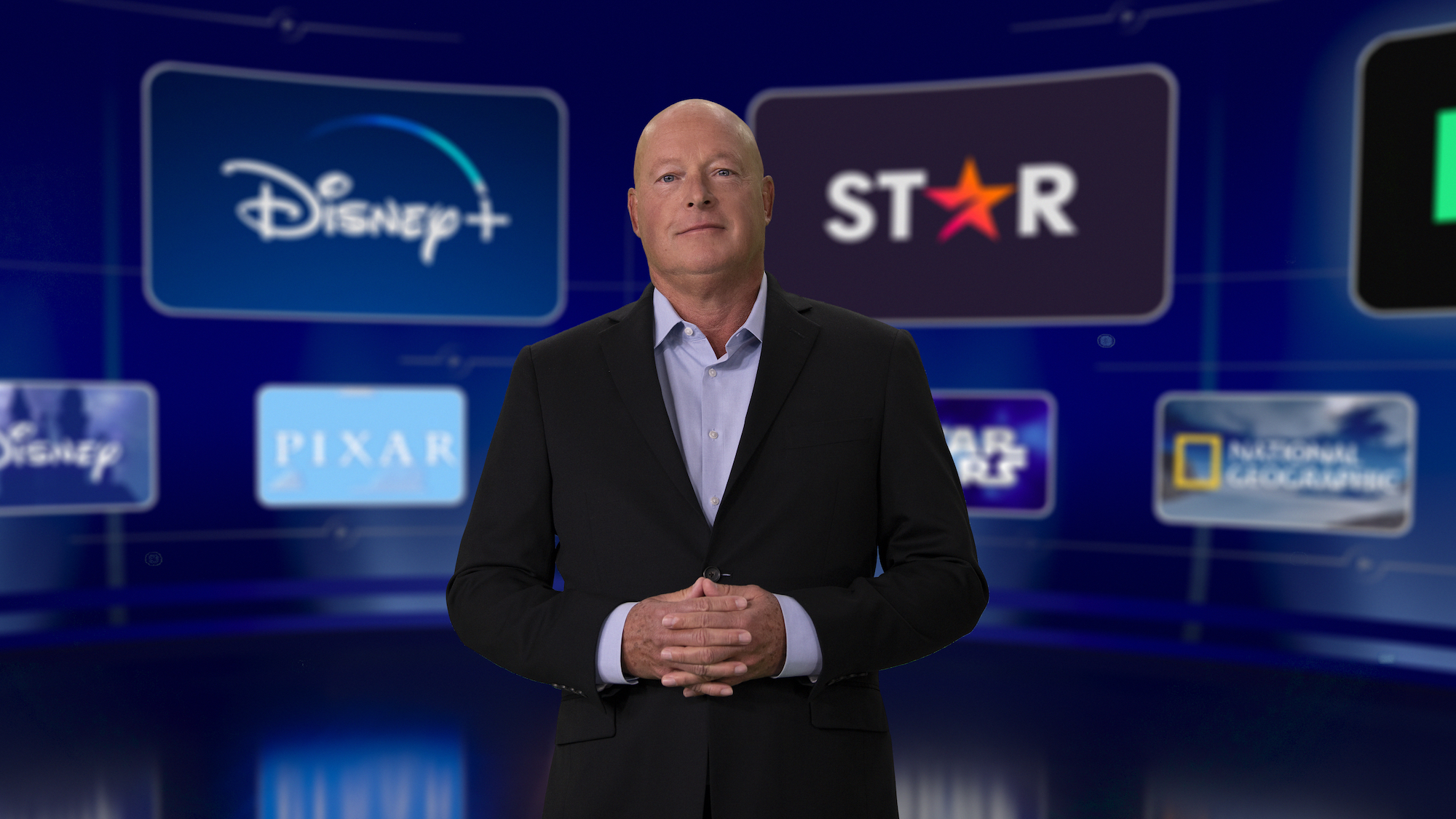

Source: Variety.com
I’m one of the countless observers who have questioned how those decisions impact long-standing Hollywood agreements.
MANY of us have expected something like this for a while. And that’s why Disney may not settle for a while.
Will Disney Settle Or Stall?
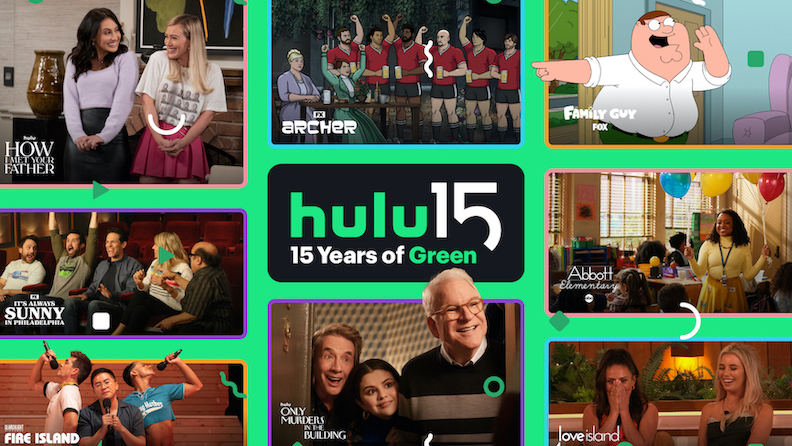

Photo: Hulu
The studio faces several different variants of this same legal matter.
Several other producers have likely suffered financially for the same reasons as TSG.
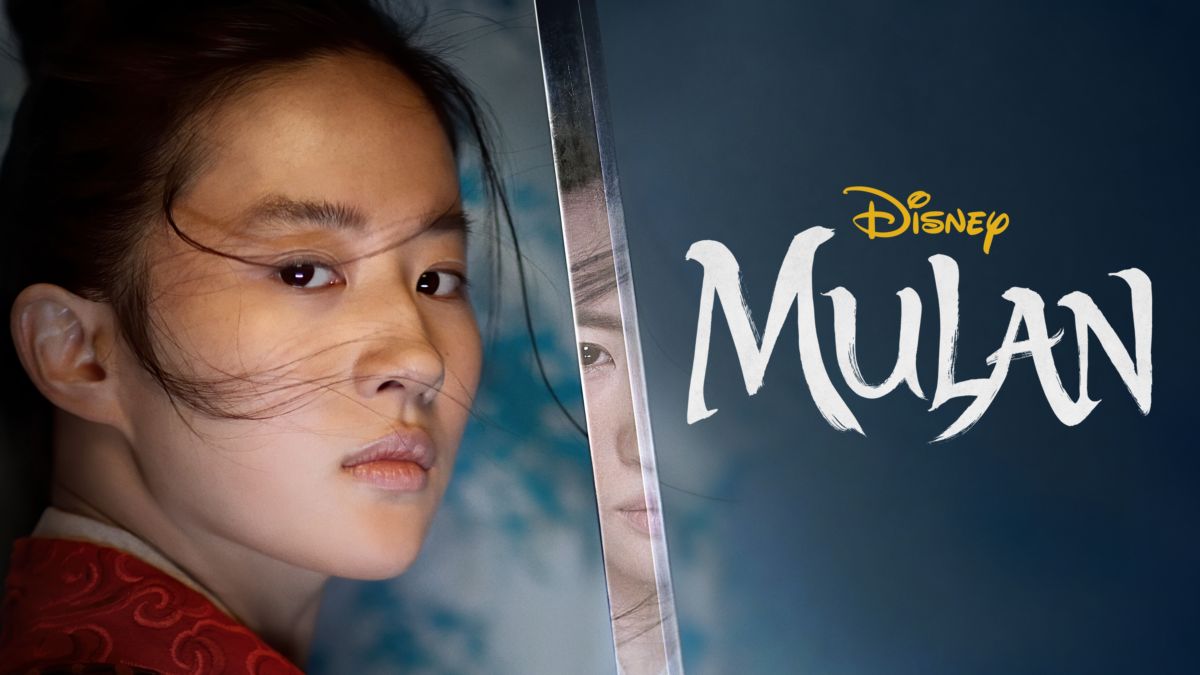

Photo: Also DIsney +
However, Disney can rightfully point to the pandemic as an unpredictable event that forced corporate innovation on the fly.
So, I could easily envision a scenario wherein Disney quickly writes a check to TSG to make this one go away.


Photo:ofx.ie
Conversely, I can just as easily imagine Disney fighting like grim death to win this case and send a message to other would-be plaintiffs.
Here’s something else to consider. The Bones team filed its lawsuit in 2015. The final settlement wouldn’t occur for more than four years.
Folks, this could take a while. For TSG, there is one reason to hope, though.


(Mitch Haaseth via Getty Images)
Have you ever heard the story of how Disney paid $319 million to the team responsible for Who Wants to Be a Millionaire?
Oddly, when Disney loses legally, it tends to lose big.
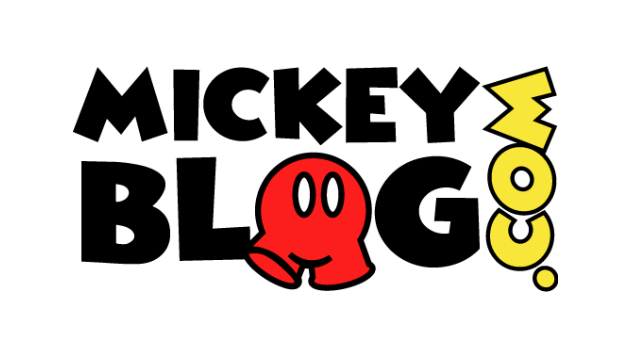

Photo: MickeyBlog
Thanks for visiting MickeyBlog.com! Want to go to Disney? For a FREE quote on your next Disney vacation, please fill out the form below, and one of the agents from MickeyTravels, a Diamond Level Authorized Disney Vacation Planner, will be in touch soon!
Feature Photo:Patrick T. Fallon/Bloomberg


